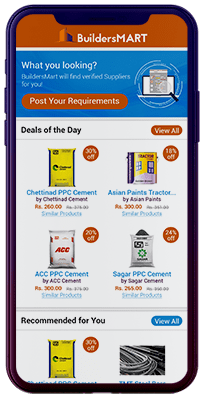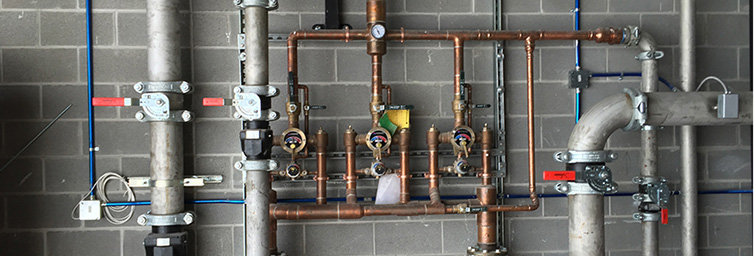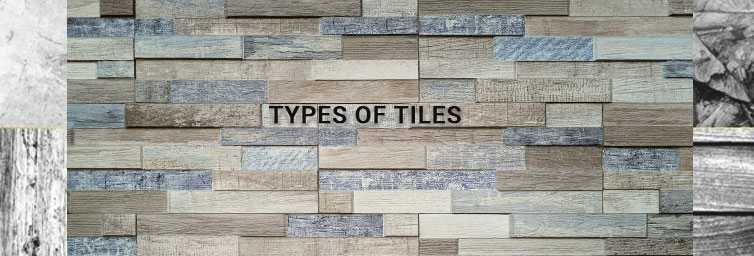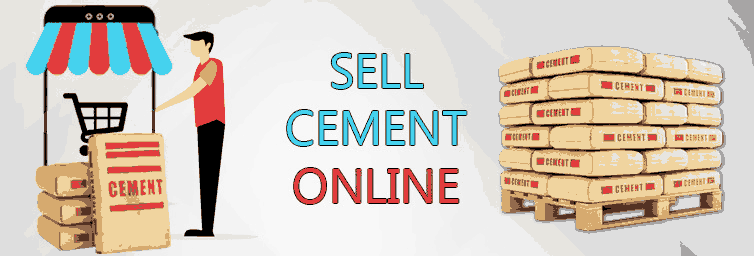You have no items in your shopping cart.
Post Requirement
The piping material industry is highly undervalued. The safety performance in this industry is so crucial because these environments often have many lives which are at stake. That is why this industry has to be regulated closely by Health and Occupational Safety authorities. When you add the reliability and cost for piping, it becomes very clear why the material being used for piping is an important factor to consider.
What are CPVC Pipes used for?
CPVC stands for Chlorinated PolyVinyl Chloride. It is a thermoplastic material which is often recommended for use over PVC pipes because they can withstand higher temperatures. It is also more flexible and durable. CPVC pipes are used for both hot and cold water passage and other industrial liquids.
Among most materials used in the piping industry, CPVC pipes are often preferred due to their high strength and resistivity while performing which makes it ideal for water processing applications.
The main advantages of CPVC pipes are listed below:
Mechanical Strength
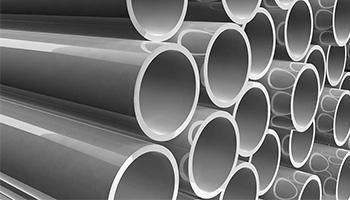
CPVC has special mechanical strength that makes it a stronger and more durable material than PPR. Due to its high strength, CPVC can withstand more pressure from water even at extreme temperatures at which industrial plants often operate.
Corrosion Resistant
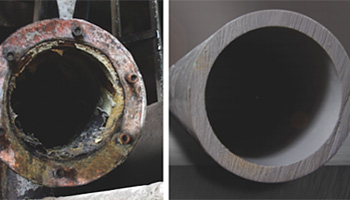
Corrosion is the most common issue that occurs in industrial and residential areas when it comes to pipes. CPVC pipes are immune to both interior and exterior corrosion in pipes. This virtually eliminates all possibility of premature pipe failures, leaks and restriction of flow.
CPVC is also chemically inactive against most mineral acids, bases and salts, unlike steel. CPVC pipes can withstand chemicals that generally aggravate steel in very extreme temperatures.
Ideal Flow Rates
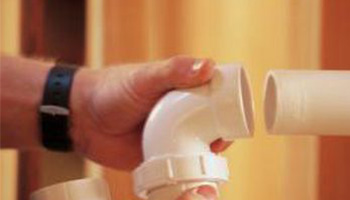
CPVC pipes have a very smooth surface on the interior which allows it to show resistance towards adulteration and scaling. This helps minimise frictional pressure losses in the pipe during the flow of liquid from the start. Therefore, CPVC pipes allow more liquid to flow in pumps with small cross-sectional areas making them more energy-efficient.
Easy Maintenance
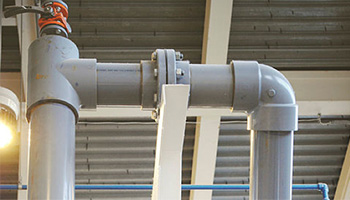
CPVC Piping Systems require little to almost no maintenance after it is properly installed. Since CPVC is highly corrosion-resistant, even the external coating of the pipes is unaltered by harsh soil and air conditions.
Even if a portion of the piping system needs to be replaced, it can easily be repaired without lifting the entire piping system.
Easy Installation
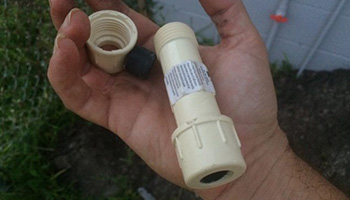
CPVC pipes are lightweight. The entire weight of the piping system roughly comes up to almost one-eighth the weight of a regular steel piping system. This automatically makes it easier to install with reduced labour time and lesser complex tools used for installation. CPVC pipes installation also does not require electricity for installation as some other installations do. This makes it ideal for applications where power is not easily available.
Low Thermal Conductivity
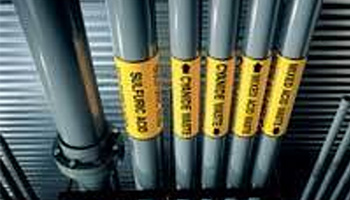
CPVC pipes keep the surface temperature of the pipe at a low temperature, thereby reducing the risk of burns to the maintenance and operating personnel. Due to low thermal conductivity, it also reduces the loss of heat. CPVC is a very safe material to install and even safer to operate.
Low combustibility
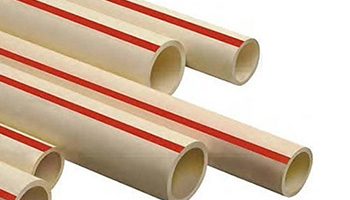
CPVC has a very low combustible temperature of 482®C which is the lowest temperature at which gas is combustible when exposed to a flame. CPVC also has a very high Limiting Oxygen Index(LOI) which determines the amount of oxygen needed for combustion to occur. Hence, CPVC performs very well in harsh temperatures, especially in industrial areas.
CPVC piping systems resist corrosion throughout the entirety of its life. This reduces the cost of repairing and increases the efficiency of the entire system. These pipes can also withstand long-term exposure to harsh conditions which makes them ideal for most industrial and outdoor applications.
Please check out:
Srujana T

